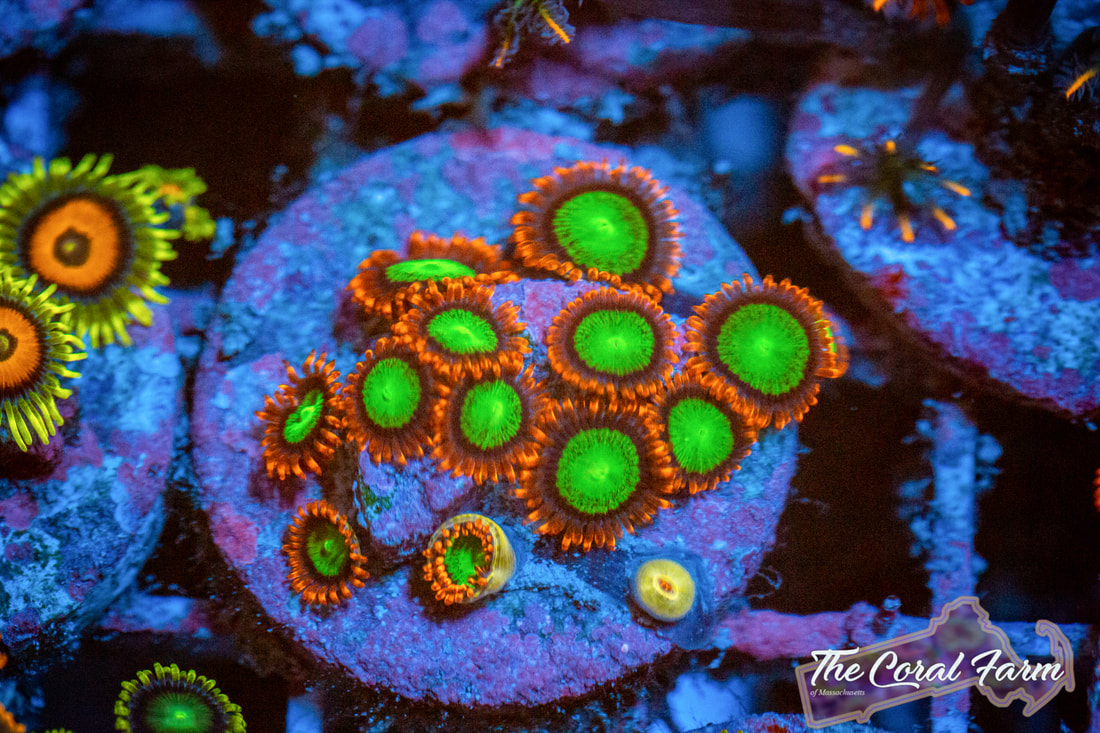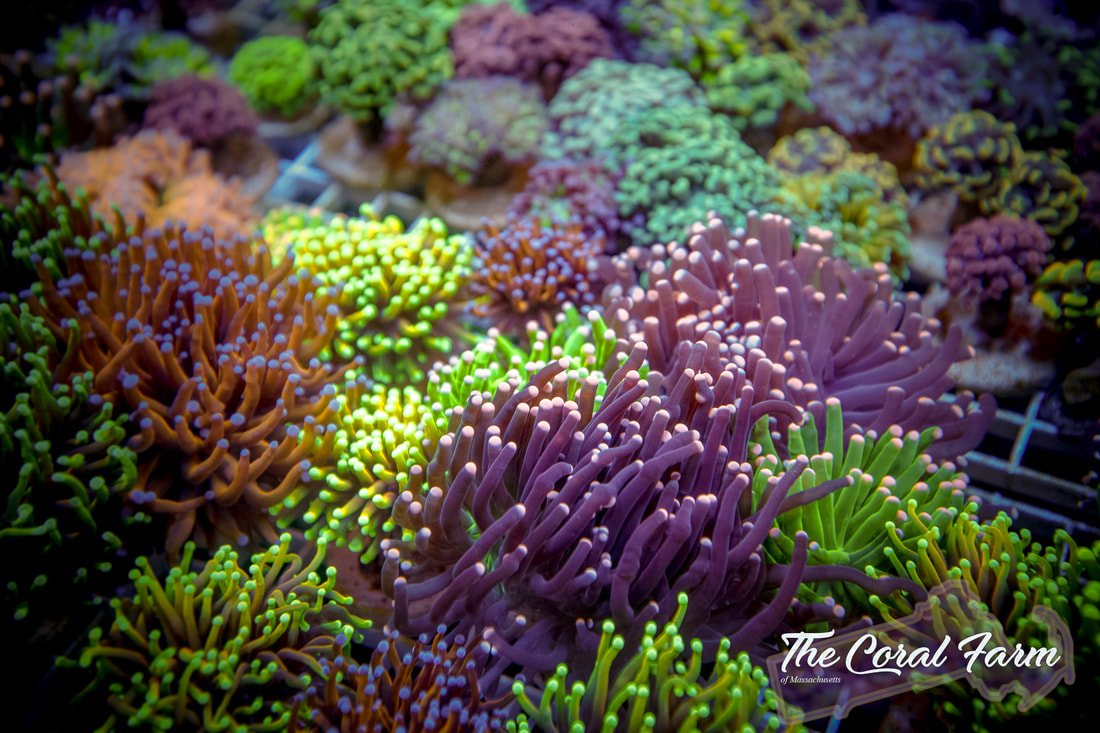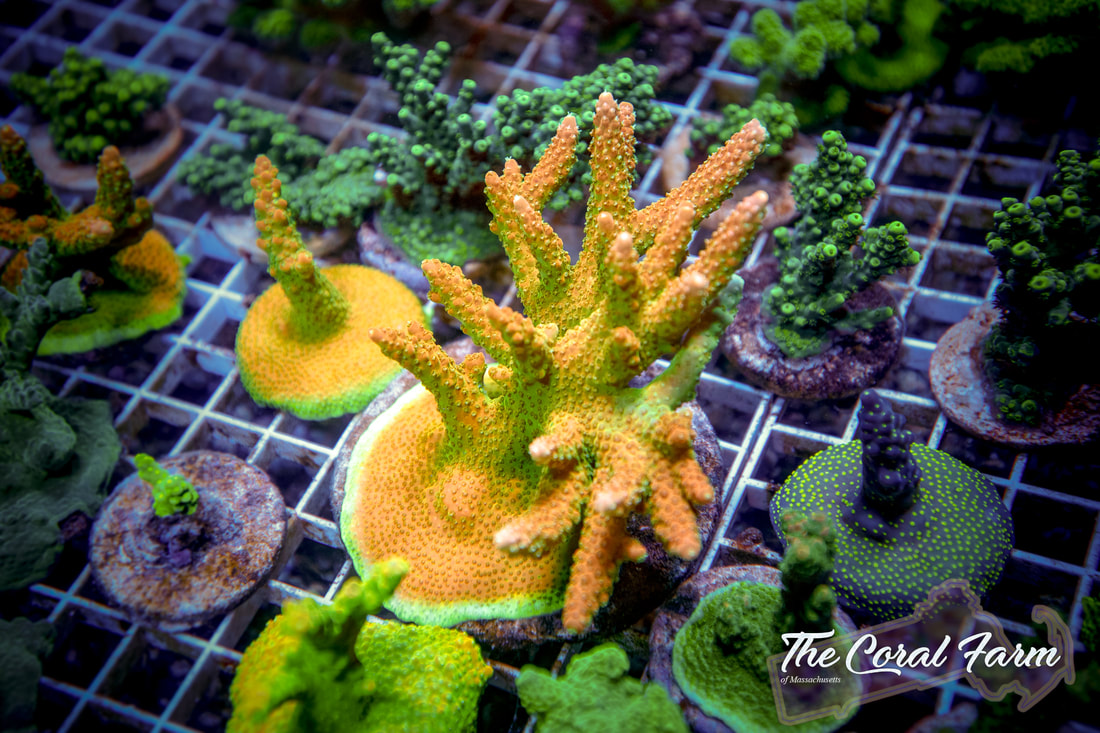|
Maintaining the ideal water parameters is the key to success when it comes to keeping a thriving reef tank. The delicate balance of the aquatic environment within your tank directly affects the health and growth of your corals and marine life. Let's dive into the essential water parameters you need to monitor for a successful reef tank, listed loosely in order of importance: 1. Salinity: Salinity, or the concentration of dissolved salts in the water, should mimic the natural levels of seawater, typically around 35 parts per thousand (ppt). Use a refractometer or hydrometer to measure and adjust as needed. 2. Temperature: Stable temperature is crucial for reef inhabitants. Aim for a range of 75-79°F (24-27°C) to prevent stress and disease. 3. Alkalinity: Alkalinity measures the water's ability to buffer against pH changes. It should typically fall between 7-12 dKH (degrees of carbonate hardness) to support coral growth and stability. What ever number you pick, try to stay there. Corals depend on stability and don't do good with changes. 4. Calcium: Corals require calcium for skeletal growth. Maintain levels between 380-450 ppm (parts per million) for healthy coral development. 5. Magnesium: Magnesium levels should be around 1200-1400 ppm. It helps regulate calcium and alkalinity levels, preventing issues like precipitation. 6. Nitrates: Keep nitrate levels low, ideally below 5 ppm, as high nitrates can lead to algae outbreaks and negatively impact coral health. 7. Phosphates: Maintain low phosphate levels (ideally below 0.03 ppm) to prevent excessive algae growth and promote coral health. 8. Trace Elements: Trace elements like iodine, strontium, and iron are needed in trace amounts. Use high-quality reef supplements to replenish these elements as they are consumed by your tank's inhabitants.
Monitoring these essential water parameters and performing routine water changes will create a stable and healthy environment for your corals and marine life. Consistency and stability are key to enjoying a thriving and beautiful reef tank.
1 Comment
Jeffery Hebert
2/23/2024 04:35:40 pm
This is great info! Nice and concise and easy to find from the coral.
Reply
Leave a Reply. |
Categories
All
AuthorBrian Hale has enjoyed 25+ years of dedicated involvement in the reefing community. His commitment to research and extensive hands-on experience makes him an invaluable source of expertise within the reefing hobby. |
Buy Corals Online: TheCoralFarm.com
Aquacultured Corals - Fast Nationwide Shipping USA
1-800-254-4253
Aquacultured Corals - Fast Nationwide Shipping USA
1-800-254-4253





 RSS Feed
RSS Feed
